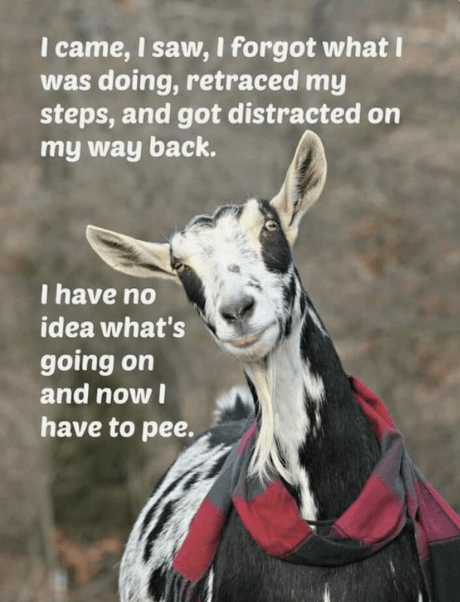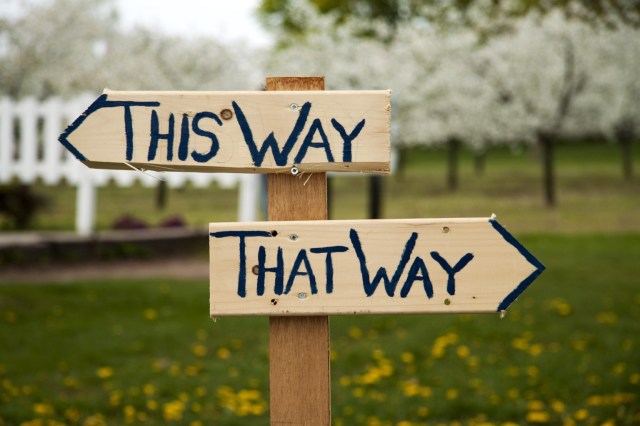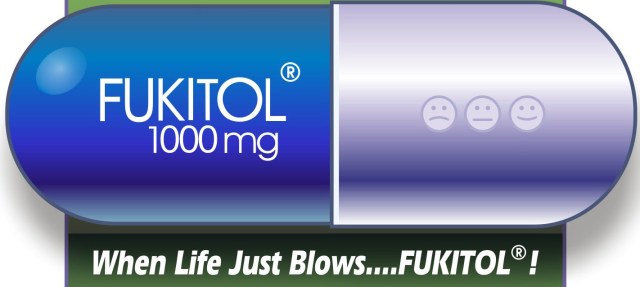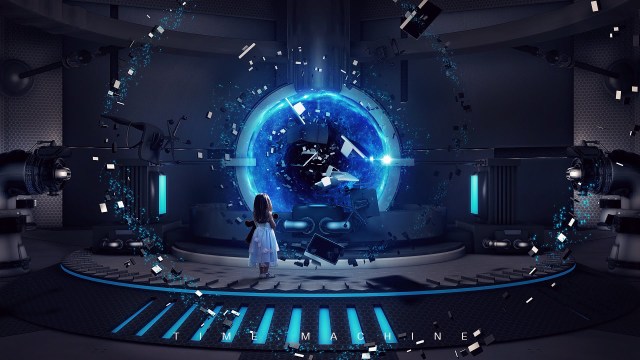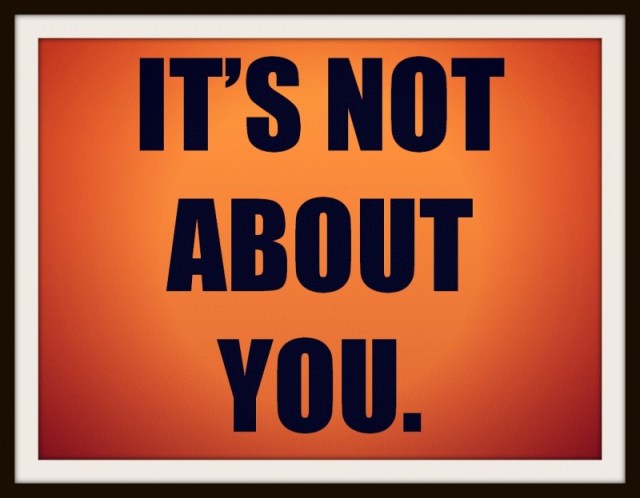 My friend and fellow blogger, Nancy Stordahl, is encouraging us to do a summer challenge which includes answering 10 questions related to our breast cancer experience. I love challenges! I also don’t mind sharing my truth, which is one of the reasons I blog about my cancer mess. I just wish our truths made it to the media so our society would be better educated about the reality of this disease – wishful thinking.
My friend and fellow blogger, Nancy Stordahl, is encouraging us to do a summer challenge which includes answering 10 questions related to our breast cancer experience. I love challenges! I also don’t mind sharing my truth, which is one of the reasons I blog about my cancer mess. I just wish our truths made it to the media so our society would be better educated about the reality of this disease – wishful thinking.
So without further ado, here are the questions Nancy wants us to answer.
1. Share anything you want about your cancer diagnosis (or your loved one’s). Share your age, cancer type, stage, when you were diagnosed, family history (if any), your reaction, how you learned the news, or whatever you’re comfortable sharing.
Prior to my diagnosis, I experienced a series of strange situations that led me to suspect something was def. wrong, but I could not identify the problem. It’s not like I felt sick or anything. I didn’t experience any symptoms of any kind. Plus my blood work had been excellent according to my doctor. Eventually, I found a lump in my right breast and had it checked right away. Then, I was diagnosed with invasive ductal carcinoma (IDC), stage 2a, grade 3, at the age of 32. I opted to have a lumpectomy with chemo and radiation. I’ve never been so scared in my entire life. I thought I was going to die…from the chemo.
I have a strong family history of cancers so I always suspected I would eventually get cancer. I am the first person in my family who has been diagnosed with cancer before the age of 40. YAY me! (Don’t be jealous!) I never thought it would be breast cancer though. I thought it would be ovarian cancer, like my sweet grandma who passed away from that awful disease. (Later on I found out my grandmother and I had very similar pathology reports, only her cancer was in her ovaries and mine was in the breast.) I had tested negative for the BRCA genes but I was not convinced there wasn’t another gene involved. So I proceeded with genome sequencing testing which proved I was a carrier of the ATM gene — a gene with risks of pancreatic, breast and leukemia cancers (one of my aunts was diagnosed with leukemia at the age of 46 but most cases in my family have been breast cancers).
2. What is the most outrageous thing someone has said to you about your (or your loved one’s) cancer?
I have to admit the list is long, but I would share two statements as they are both equally disturbing to me.
A guy I grew up with in the D.R. suggested that there is something wrong with my family. At first I was impressed, because I thought his comment suggested there was something genetically wrong, which would have been accurate. His comment gave me some hope that maybe the level of ignorance some people have in the Dominican Republic had subsided. But then he proceeded with saying that after my aunt’s leukemia diagnosis, I should really bring this case to church and get as many Christians involved as possible to request that our family be forgiven by God. He suggested my family had done some serious sinning and we were all being punished for it. Of course I put him in his place. And of course he doesn’t talk to me anymore (another great example of someone who made my cancer all about himself). Oh well. See ya!
Then, recently, a family member gave me a speech on how I need to learn how to forgive in order to be “cured” of this breast cancer.
W.T.F.
3. What is your biggest cancer pet peeve? I know it’s hard to choose, as there are many to pick from, right? But what irks you the most?
There are two that equally annoy me. “Think positive” is one. I really don’t appreciate having my feelings dismissed. It’s just not very nice or kind. I understand my reality is uncomfortable to others, but if your intention is to help me, all you need to do is listen and acknowledge my real situation. Don’t look the other way.
The other one is “everything happens for a reason.” It suggests that I got cancer so that I could learn some sort of “lesson” that I needed to be taught. The statement itself sounds very condescending. I picture someone wagging their finger at me. Someone like dr. Creagan at Mayo clinic.
4. What is something you want others to know specifically about breast cancer?
There is so much I want people to know about breast cancer that it will require a series of posts. My entire blog is a start. But if I need to mention just one, it would be that stage 4 needs more research. We need a cure PRONTO! Breast cancer kills over 40,000 men and women each year. No one is cured. No matter how positive and how religious a person may be, no offense to anyone, they will always be at risk of dying from the disease. I am not sure everyone believes this. And by the way, here are two posts I wrote a while ago about Pink-Washing and why I don’t celebrate “pinktober”.
5. If applicable, do you worry about recurrence rarely, from time to time or a lot? What is your biggest worry today, right now, this minute?
I do. More often than I want to maybe because I am young with no children to keep myself occupied. Hey, I do work and try to have a life…you know what I mean. Seeing so many of my friends die from this disease is a constant reminder that it can happen to me. My main concern today is my mental health.
6. Do you feel cancer has made you a better person? Yes, I know this a loaded question. If you do, specifically in what way?
Was it supposed to? I was not aware of that. I don’t consider this experience as a way for others to judge me as a person and I certainly don’t consider other people’s expectations but my own when it comes to cancer. I try to be very kind to myself.
I thought I was wonderful before my cancer diagnosis. However, today I feel like I’ve lost a sense of identity. I am not sure who I am or who I want to be. I do believe cancer is now part of my identity and a lot of the decisions I make need to involve cancer too.
7. What is your favorite cancer book? (No, I’m not fishing for mentions of mine!)
There are quite a few books I’ve enjoyed reading and some are unrelated to cancer – “Man’s Search for Meaning,” by Viktor Frankl – a book about survivorship and hope. “Cancer Was Not a Gift & It Didn’t Make Me a Better Person” – don’t you just love that title? I do! – written by Nancy Stordahl. There was also, “Bright-Sided” by Barbara Ehrenreich. I was able to identify with both books and to some extent they brought me comfort. And I’d list one more, “Calling the Shots” by Beth Gainer. Her book focuses on the importance of being your own advocate when it comes to your health, which reminds me, I need to write a review.
8. Besides your family, where do you turn for emotional support?
I turn to blogging and writing.
I turn to my fiancé who has been a great listener, 24/7. Poor guy. Caregivers need support too.
I turn to my kitty, Nelly.
I turn to my therapist who I try to see 2x a month. She is great.
I turn to my friends (and fiancé) who listen to me and allow me to complain, especially about side effects from Tamoxifuck (formally known as Tamoxifen). No, I am not ungrateful.
I turn to my fellow bloggers and online cancer community. These people have helped me in so many ways. I don’t feel alone because of them. Thank you, guys!
9. How many cancer blogs do you read and why do you read them?
I try reading as many blogs as I can. The blogs I follow are listed on the right-hand side of this page. There are also others, some unrelated to cancer, I enjoy reading. Lately, I have not been very active on my own blog or reading other blogs mainly because of personal responsibilities but also because I’ve been trying to balance life and cancer. It has been very difficult for me to expose myself to emotional pain since I lost my friend Cathy. And lately, we’ve lost quite a few friends, including some fellow bloggers I follow, to metastatic breast cancer. But I know in my heart I want to be present. It’s all about trying to find the right balance and I am in that process right now.
10. Do you call yourself an advocate? If so, what drives you?
When I started blogging, my intention was to use this platform as a therapy for myself. I find survivorship to be extremely hard, especially because I am a realist. I don’t do fantasy-land. I always feel like I don’t do enough to consider myself an advocate. However, if my messages are reaching patients and this is helping them cope, that, to me, is a gift in its own way, but also so rewarding. And if my messages go as far as touching people who have never gone through cancer, that’s even more amazing to me because these are the people I want to expose my reality to. Although I had a different goal at the beginning of my blogging experience, I now feel I have a responsibility and a need to speak out for all patients, including myself.
And now it’s YOUR turn to share your truths! Feel free to participate by including some of your answers in the comments section below.

